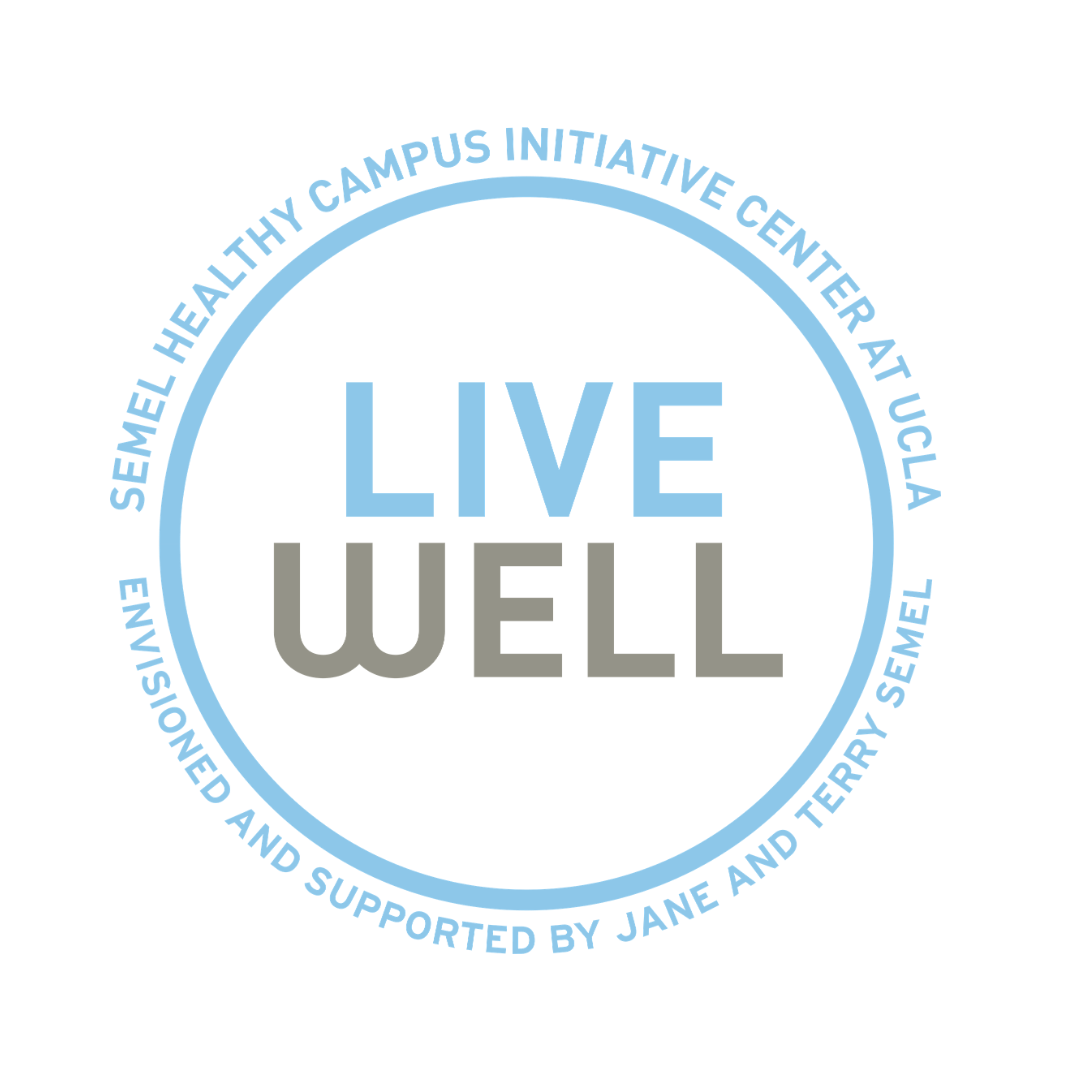Aired 10/5/20
Related resources and articles:
Listen to Part 2: The Circuitry behind our Social World
Aired 10/2/20
Check out our other episode with Dr. Ted Robles about staying socially engaged during the COVID-19 Pandemic:
.
Subscribe now on your preferred listening app!
In the United States, almost 8/10 members of the Gen Z generation and 7/10 of Millennials reported being lonely in 2019. As if it could get any worse, many experts say even more people are lonely since the COVID-19 pandemic hit. Today, UCLA social well-being expert, Dr. Ted Robles will discuss with Dr. Wendy Slusser how stress, social support and close intimate relationships can impact our health.
Join Wendy and Ted in the first of a two part episode as they dive into Ted’s research. In this first part, they will explore how each of us can build stronger and more resilient social networks and prevent loneliness.
More about Dr. Ted Robles
Dr. Robles’s research involves understanding how stress and social relationships influence health, with a focus on allostatic biological processes, which help individuals achieve physiological stability during stressful events; and restorative biological processes, which aid the individual in recovering after stressful events. Allostatic processes that Dr. Robles studies include the hypothalamic-pituitary-adrenal (HPA) axis, autonomic and cardiovascular responses, and immune and inflammatory responses.
Dr. Robles studies these biological processes in the context of stress, social support, and close intimate relationships across the life course. His research program uses both experimental and non-experimental designs and reflects my interest in multiple, innovative methods to assess psychological constructs and physiology in minimally invasive ways, while at the same time incorporating measures of clinically relevant health outcomes.
Dr. Robles is currently examining how family environments impact susceptibility to upper respiratory infections, and how retirement impacts marriages and health. In addition, he is currently studying how psychological stress and mindfulness-based stress reduction may influence psoriasis symptoms.
Research and Teaching Interests: Stress, social relationships and health, allostatic and restorative processes, psychoneuroimmunology, marriage and health, anxiety/stress and skin disease.




